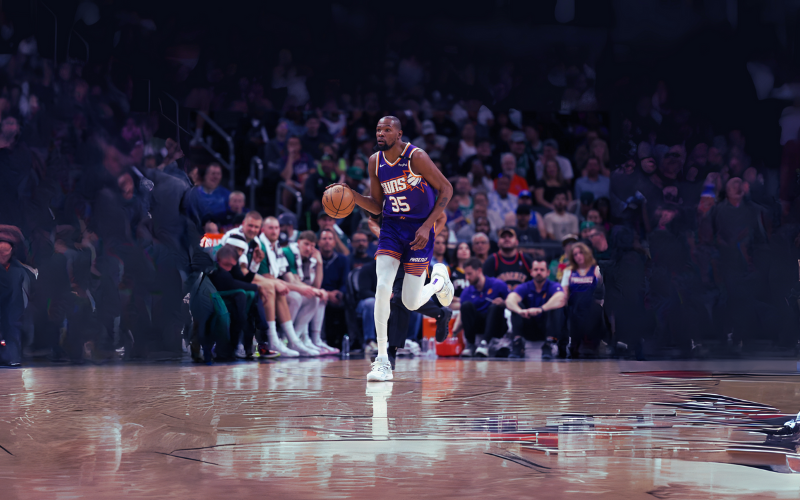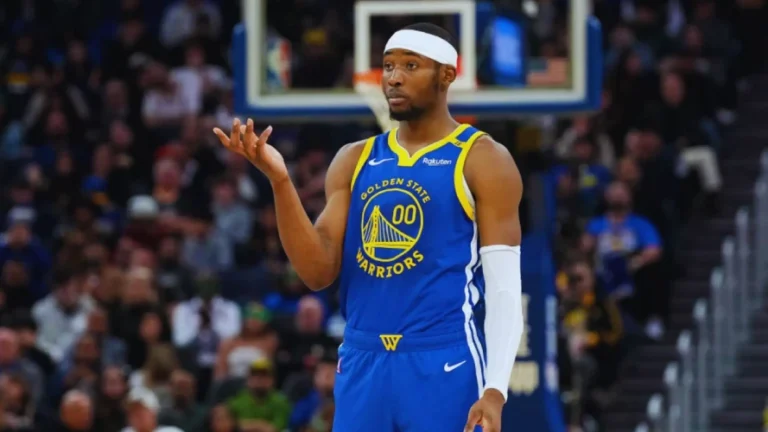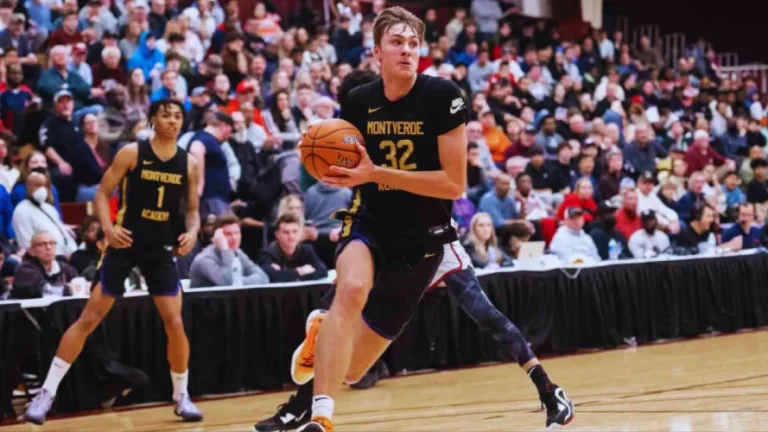For decades, the United States dominated international basketball simply by assembling its most talented players. Skill, size, and athletic advantage made victory almost inevitable. But the 2004 Olympics in Athens shattered that illusion. Team USA settled for bronze, exposing that talent without unity was not enough. The world had caught up, and America’s path back to supremacy would demand discipline, humility, and a new sense of togetherness.
By the time the 2012 Olympics arrived in London, those lessons had been fully absorbed. Kevin Durant, then at the height of his rise, witnessed a collection of the game’s biggest stars set aside ego for one purpose: bringing home the gold.
A Culture of Sacrifice
Durant remembers the environment vividly. “In London, it was such a team environment it was scary,” he said. Imagine a locker room filled with global icons — LeBron James, Kobe Bryant, Chris Paul, Carmelo Anthony, Deron Williams — all willing to make sacrifices. This was no place for stat-chasing. It was about execution, roles, and trust.
Coach Mike Krzyzewski ensured clarity, but what impressed Durant most was how the younger players embraced it. James Harden had just won Sixth Man of the Year and looked ready to explode as a star. Instead, he stayed patient, accepted his spot on the bench, and focused on the bigger picture. “He didn’t complain, he didn’t mope. He just said, ‘We’re here to win the gold, nothing else matters,’” Durant recalled.
Kobe’s Quiet Example
If the message of selflessness needed a face, it was Kobe Bryant. Known for his relentless competitiveness and scoring brilliance, Kobe surprised teammates by willingly fading into the background when needed. Durant still marvels at it: “We had Kobe Bryant, who went games without shooting the ball.”
Bryant’s tournament numbers prove the point. He averaged only 12.1 points in 17 minutes a night and attempted just eight shots per game. For someone whose career was built on taking — and making — the toughest shots, this was a striking show of restraint. But it sent a message to every player in the locker room. Nobody was above the team.
Unity Over Statistics
Durant explained that even in tight games, nobody cared about credit. “We had some close games, but nobody cared who took the shots, nobody cared who was the leader. Everybody had a voice. If we get this gold medal, then who cares?”
That mindset allowed the young stars to flourish. Anthony Davis, then a rookie, used the experience as a crash course in greatness. Veterans reinforced the culture, and emerging leaders like Durant took on responsibility when it mattered.
Durant himself led the team in scoring, averaging 19.5 points, and delivered a 30-point masterpiece in the final against Spain. The United States held off a ferocious challenge to win 107–100, with Durant’s performance cementing the victory and securing a second consecutive Olympic gold.
The Lasting Legacy
The 2012 team was not just a showcase of talent but a living example of humility at the highest level. For Durant, the lesson endures: greatness comes not only from individual brilliance but from stars willing to put ego aside for the collective goal. Kobe’s willingness to take fewer shots may have been the clearest sign that Team USA had rediscovered the formula Athens once exposed: sacrifice is as vital as skill.




